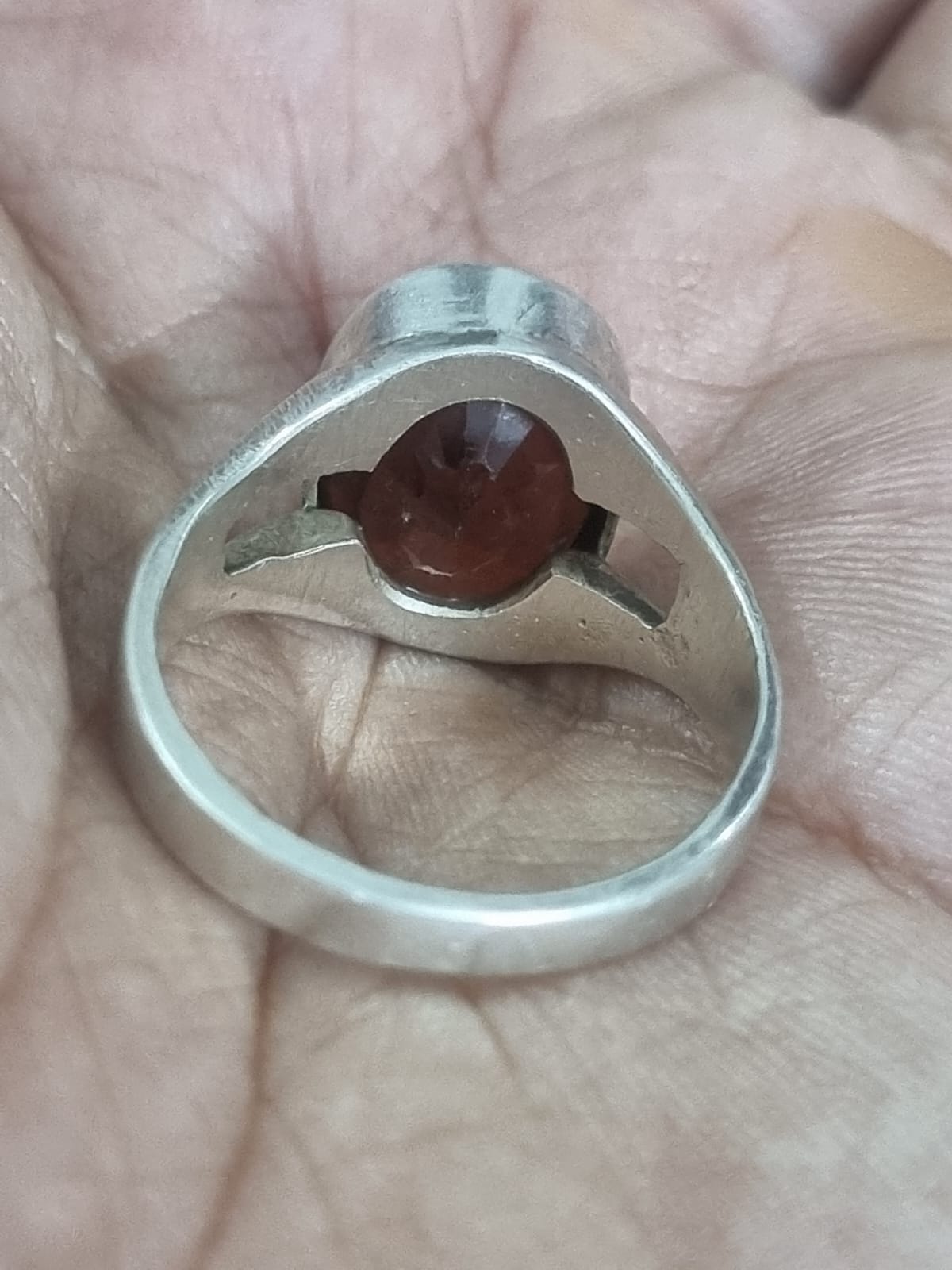Don't Know which stone is right for you?
Click here to ask our expert astrologer for FREE
Diamond Gemstone Substitutes: Affordable & Ethical Alternatives for Sparkling Beauty
Introduction: Why Look for a Diamond Substitute?
Diamonds have long been considered the pinnacle of luxury, love, and status. However, not everyone wants or can afford a diamond. Whether you're looking for a budget-friendly alternative, an ethical choice, or a gemstone with astrological benefits, there are plenty of stunning substitutes that offer the same brilliance and charm.
In this guide, we'll explore the best diamond substitutes, their properties, advantages, and how they compare to real diamonds. If you're looking for an astrologically significant alternative, Vedic Crystals (thevediccrystals.com) offers genuine, high-quality gemstones to enhance your luck, love, and prosperity.
Table of Contents
- Why Choose a Diamond Alternative?
- Cubic Zirconia (CZ): The Budget-Friendly Option
- Moissanite: The Best Diamond Look-Alike
- White Sapphire: Natural and Durable Choice
- White Topaz: Affordable & Natural Brilliance
- Goshenite (White Beryl): A Hidden Gem
- Lab-Grown Diamonds: The Ethical Choice
- Zircon: The Ancient Alternative
- Quartz & Synthetic Substitutes
- Choosing the Right Diamond Substitute for You
1. Why Choose a Diamond Alternative?
There are multiple reasons why someone might opt for a diamond substitute:
- Affordability – Natural diamonds are expensive, whereas alternatives can offer similar beauty at a fraction of the price.
- Ethical Concerns – Conflict-free diamonds can be difficult to source, while substitutes offer a guilt-free sparkle.
- Astrological Benefits – Certain substitutes, like White Sapphire or Zircon, are recommended in Vedic astrology for positive energy.
- Durability & Maintenance – Some alternatives are easier to care for and maintain than diamonds.
- Unique Appearance – Many alternatives have their own charm, with different optical properties and unique sparkle.
Let's dive into the best options!
2. Cubic Zirconia (CZ): The Budget-Friendly Option
What is Cubic Zirconia?
Cubic Zirconia (CZ) is a lab-created gemstone that mimics the look of a diamond at a very low price.
Pros & Cons
| Feature | Cubic Zirconia |
|---|---|
| Price | Very Affordable |
| Hardness | 8-8.5 (Less than Diamond) |
| Brilliance | High but Different from Diamond |
| Durability | Prone to Scratches |
| Astrological Use | None |
Who Should Choose CZ?
- Those who want an affordable and beautiful gemstone for fashion jewelry.
- Not ideal for engagement rings due to lower durability.
3. Moissanite: The Best Diamond Look-Alike
What is Moissanite?
Moissanite is a lab-created gemstone that is often considered the best alternative to diamonds because of its durability and brilliance.
Pros & Cons
| Feature | Moissanite |
|---|---|
| Price | Affordable but Higher than CZ |
| Hardness | 9.25 (Very Durable) |
| Brilliance | Very High, Even More Than Diamond |
| Durability | Scratch-resistant |
| Astrological Use | None |
Who Should Choose Moissanite?
- Ideal for engagement rings due to its hardness and shine.
- Perfect for those who want maximum brilliance at a lower price than diamonds.
4. White Sapphire: Natural and Durable Choice
What is White Sapphire?
White Sapphire is a natural gemstone from the corundum family, the same as blue sapphires. It is often used in Vedic astrology as a substitute for diamonds.
Pros & Cons
| Feature | White Sapphire |
|---|---|
| Price | More Expensive Than CZ & Moissanite |
| Hardness | 9 (Very Durable) |
| Brilliance | Slightly Less than Diamond |
| Durability | Very High |
| Astrological Use | Yes, in Vedic Astrology |
Who Should Choose White Sapphire?
- Those who want a natural, durable alternative to diamonds.
- Recommended for astrological benefits—buy authentic White Sapphires from Vedic Crystals.
5. White Topaz: Affordable & Natural Brilliance
White Topaz is another natural gemstone that serves as a good alternative to diamonds but lacks durability.
Pros & Cons
- Affordable but less brilliant than other substitutes.
- Hardness of 8, meaning it can scratch easily.
- Ideal for temporary jewelry rather than everyday wear.
6. Goshenite (White Beryl): A Hidden Gem
Goshenite is a colorless variety of Beryl and is a natural but lesser-known diamond substitute.
Pros & Cons
- Affordable and natural.
- Good durability (7.5-8 hardness).
- Lacks high brilliance, making it less ideal for engagement rings.
7. Lab-Grown Diamonds: The Ethical Choice
Lab-grown diamonds are real diamonds but created in a lab instead of mined from the earth.
Pros & Cons
- Same hardness (10) and brilliance as natural diamonds.
- Ethical and environmentally friendly.
- More affordable than natural diamonds.
8. Zircon: The Ancient Alternative
Zircon is a natural gemstone that has been used as a diamond alternative for centuries.
Pros & Cons
- High brilliance and fire but softer than a diamond.
- Affordable and available in various colors.
- Recommended in Vedic astrology as a diamond substitute.
Find authentic Zircon gemstones at Vedic Crystals for the best astrological effects.
9. Quartz & Synthetic Substitutes
Quartz and synthetic gemstones like YAG and GGG are low-cost substitutes but lack durability.
Who Should Choose These?
- Good for temporary fashion jewelry but not engagement rings.
10. Choosing the Right Diamond Substitute for You
Best for Budget: Cubic Zirconia
Best for Durability & Brilliance: Moissanite
Best for Astrological Benefits: White Sapphire or Zircon
Best Natural Alternative: White Sapphire
Best Ethical Choice: Lab-Grown Diamond
If you need a Vedic-approved diamond substitute, explore authentic White Sapphire and Zircon at Vedic Crystals.
Conclusion: Find Your Perfect Diamond Substitute
Whether you seek an affordable, ethical, or astrological alternative to diamonds, there’s a perfect gemstone for you. Make an informed choice based on your budget, lifestyle, and spiritual beliefs.
✨ For authentic, high-quality gemstones, visit Vedic Crystals and explore a stunning collection of diamond substitutes today!













































































